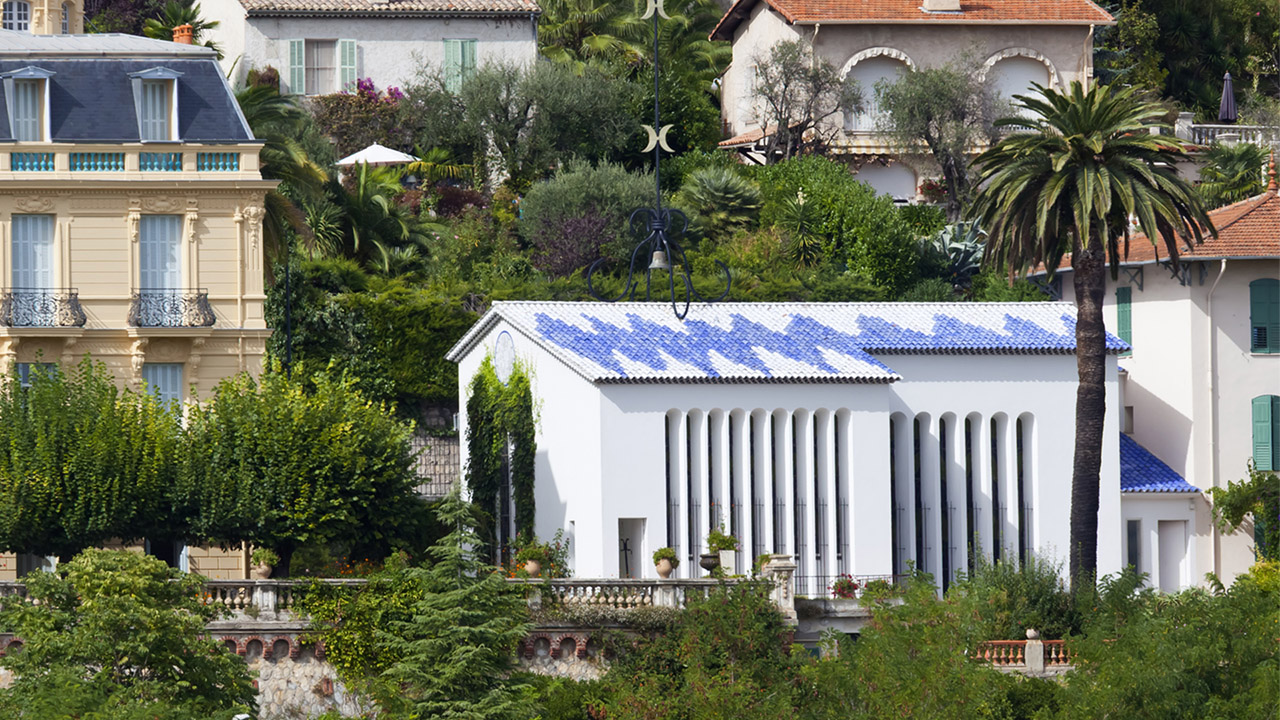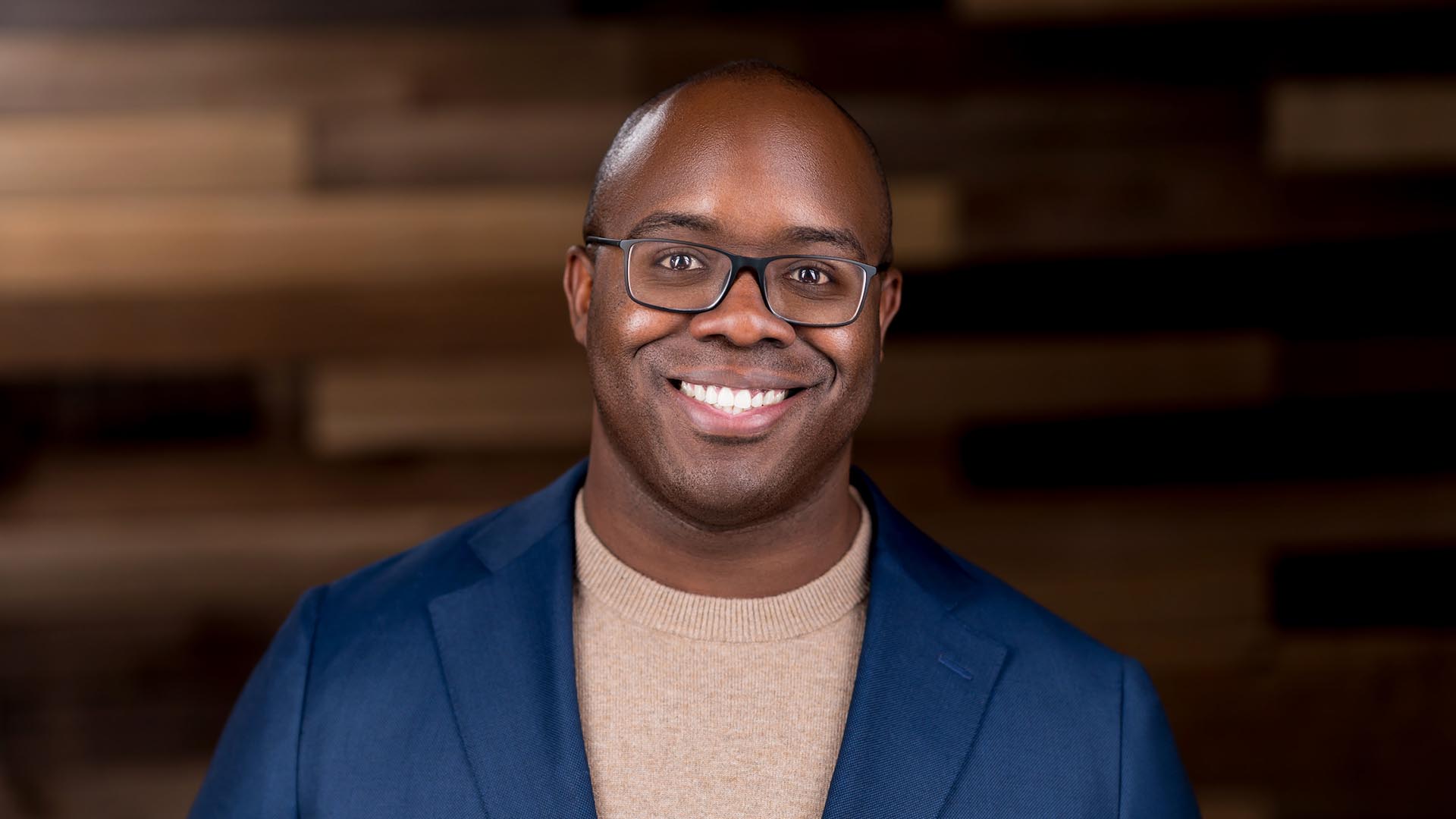In 2016, I became a d’Entremont by marrying my high school sweetheart. As a rite of passage, I knew about the history of the Acadians from my history class, but I wanted to learn more about their heritage as I took a new name that belonged to them. To truly understand the past and its impact, I believe it’s important to tell personal stories, and I found that the story of the Acadians begs us to answer an old question today: When the world around us looks with fear and disgust at a stranger, how can we meet them instead with the compassion of Jesus?
This story puts us in 1758, in a small, farming community in Nova Scotia — Pubnico, to be exact, an historically French Acadian village. To Madeleine d’Entremont, it was a land known as l’Acadie. Only 18 years old, d’Entremont stood in the wreckage of her once-beautiful home of fields, farms, and quaint houses. Where she stood, houses and crops were flattened and charred. The farm animals were slaughtered. The boats were destroyed. Her entire household, and every family from her town, had been herded onto ships bound for unknown lands. The Pubnico community remembered d’Entremont’s story of survival as it celebrated its 300th anniversary in 1951, though exactly how she escaped notice amid the attacks on her community is unknown.
Many of us will never know the grief compounded in her heart that day. But many today know it very well, especially anyone forced to relocate their lives to escape a war-torn country.
In 1755, the British began the grand dérangement — the deportation of the Acadian people from Nova Scotia. The Acadians arrived in Nova Scotia around the year 1600, established as a colony from France, but by 1755, the territory had changed hands more than once due to conflict between the British and the French. This time, the Seven Years War was beginning to brew, Great Britain ruled the region, and fear of the French was vivid in the minds of the English. They distrusted the Acadians’ allegiances, despite pleas to simply be “the neutral French.” The government demanded oaths of loyalty from the Acadian people, until the day the British solution to their “French problems” was to rid the land of Acadians themselves. Authorities called Acadian men to meetings, from which many never returned. They set houses on fire, captured men, women, and children. Some Acadians fled; others strove to fight (most unsuccessfully).
Like those kin to Madeleine d’Entremont, Acadians were torn from their families, even children from their parents, and thrown upon ships bound for places they had never heard of before. Ripped from their homes and belongings, their gardens, their fields, and extensive farming projects, their means of living, they were deported to various British colonies in the present-day United States and to Europe, too. In one move, their homes, lives, and rights had gone up in smoke.
Even in the 18th century, stories like that of the Acadians’ weren’t necessarily new — as history has shown great powers have long abused power in this way. In fact, the Acadians themselves often paralleled their story with Israel’s. To know that story is to know that before the Israelites entered the Promised Land, God commanded them, “When a stranger sojourns with you in your land, you shall not do him wrong. You shall treat the stranger who sojourns with you as the native among you, and you shall love him as yourself, for you were strangers in the land of Egypt: I am the Lord your God” (Lev 19:33–34). The Israelites knew exile. The Lord commanded his people to care for those experiencing the same.
Ships with Acadian exiles docked at scattered ports in the United States. Onlookers watched as hundreds of poorly dressed and sickl men, women, and children walked into their streets. The government gave refugees only dilapidated homes and hardly any land. Even so, its leaders resented how much it was costing them. Meanwhile, no one seemed to want to hire the displaced Acadians. They sought work but were underpaid and often treated poorly — beaten, verbally assaulted, and more.
In this strange land, the Acadian people were only met with fear and prejudice. Hearing the French language, the English feared the Acadians would encourage an uprising among the Native American and enslaved peoples in America. Seeing the Acadians’ Catholic practices, according to an April 1756 issue of the Boston Gazette, the English cried out, “Where o’er black deeds, the Crucifix displayed.” According to historian Christopher Hodson, “decades of war with the French and their Native American allies had produced a virulent, relentlessly public strain of anti-Catholicism.” Religion and politics were utterly intertwined.
In a time like this, like the Israelites, Christians must ask, How are we to love the stranger or outsider in our land as ourselves? In the colonies, one minister in Boston, Massachusetts, answered.
Ebenezer Parkman was a Harvard graduate and minister. Like his peers, he saw the new Acadian residents with ignorance and prejudice, concerned that they might draw his own Protestant congregation to Catholicism and lead his community into war once again.
But on October 19, 1756, after hearing that an Acadian family had been brought into his community, curiosity drew him to their home. He met Simon Leblanc, who had miraculously still remained in the company of his wife and four children through the deportation. Leblanc was Catholic and “once the proprietor of a handsome farm near Annapolis Royal [of Nova Scotia], along with his wife and four children.” Parkman immediately noted the Leblancs’ amiable behavior and ability to read; perhaps this is where he began to see the Acadians’ humanity.
Parkman began to visit the Leblanc family regularly. He had tea with them. He asked them about their family, life, upbringing, and home back in Nova Scotia. Through Leblanc, Parkman learned of the new community’s most basic needs — for work and honest pay. Parkman in turn hired a few other Acadians to work in his fields.
As religion came up in their conversation, Parkman told Leblanc that he wanted to learn more about his ways of worship, an unlikely request in their strained religious climate. Parkman offered him a Bible, and over the next 15 days, their relationship grew as Parkman carried rosary beads to understand Leblanc’s ways of prayer and the two asked one another questions about their faith and Scripture. The men examined one another’s books and discussed what they were learning. Parkman gave Leblanc a French New Testament, a Reformed catechism from France, and told him about the French martyrs. Why? He wrote in his journal: “To manifest my true and hearty love to him.”
From one of Parkman’s sermons, Hodson ( The Acadian Diaspora) wonders if Parkman believed “he might appease God and stave off the French onslaught in North America” by promoting “true Religion” and “reproving and warning the Disobedient.” But I wonder if Parkman grew to see the Acadians as people who deserved respect, love, sympathy, and mercy? It seems that he sought not to treat the Leblanc family as a project — as a group of wayward people in need of fixing and correction — but as those who, in their affliction, needed the hope of the gospel.
Parkman, in his friendship with and intentional employment of his Acadian neighbors, reflected Christ to the Acadians. Like Jesus who drew near to the contagious and diseased, the sinners and the Gentiles, the religious and the rejected, Parkman drew near to those whom others feared and hated. As God commanded Israel, Parkman answered the call to love the refugees, the strangers in his land.
After the Israelites entered the Promised Land, and long before Parkman met the Leblanc family in early America, was a perfect model of this love — Jesus himself. As Jesus walked the dusty roads of Samaria, being a human like us, he felt weary from his travels. While his disciples were gone, Jesus sat down at Jacob’s well as a woman was making her way there. She was an outcast, which is why we find her here alone at an unlikely hour to retrieve water. She had been divorced by five husbands and now lived with another man. She was an outcast among her own people for this, but being a Samaritan and a woman, she was also deemed unclean by the Jews. One can only picture how her face crumpled when she saw a Jewish teacher sitting at the well. Yet Jesus didn’t do what any other Jewish man would have done. He reached to the heart of her troubles.
To the woman at the well, Jesus extended refreshment, satisfaction, and hope. When, like the Acadians of Nova Scotia in America, strangers arrive in exile and pain, we have the opportunity — the instruction — to, like Jesus, extend the same.





